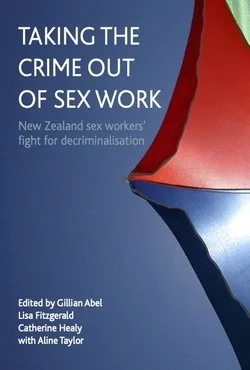By Emily Gibson, Russell Knight, Annie Durham and Imran Choudhury
The Inquiry has heard that LGBTQ+ children face specific challenges that make them vulnerable to child sexual abuse. We also heard that LGBTQ+ victims and survivors can face barriers which make it difficult to disclose child sexual abuse, access support and form adult relationships. Society’s views of LGBTQ+ victims and survivors are often built on harmful myths and stereotypes. Although social and political attitudes have improved, we live in a heteronormative and cisnormative culture, with a deeply homophobic history. We heard that many people, including professionals, continue to believe and act on harmful myths and stereotypes about LGBTQ+ victims and survivors. For example: ● Some victims and survivors were told that their gender identity or sexual orientation resulted from the child sexual abuse they experienced, which severely damaged their self-identity and mental health. ● Some victims and survivors were told that they were sexually abused because of their sexual orientation or gender identity (‘you brought it on yourself’), including vulnerable LGBTQ+ children using online spaces to explore their sexuality. ● We also heard the myth that ‘people who have been abused go on to abuse’ can stop both gay and straight men from reporting or disclosing having been sexually abused because they fear being thought of as ‘paedophiles’. LGBTQ+ victims and survivors experience distinct barriers to disclosing and reporting child sexual abuse. We heard that because LGBTQ+ people are seen as ‘different’ from the norm, it can be more difficult to disclose and report child sexual abuse, which has led to under-reporting of child sexual abuse by LGBTQ+ victims and survivors.
London: Independent Inquiry into Child Sexual Abuse, 2022, 53p.







